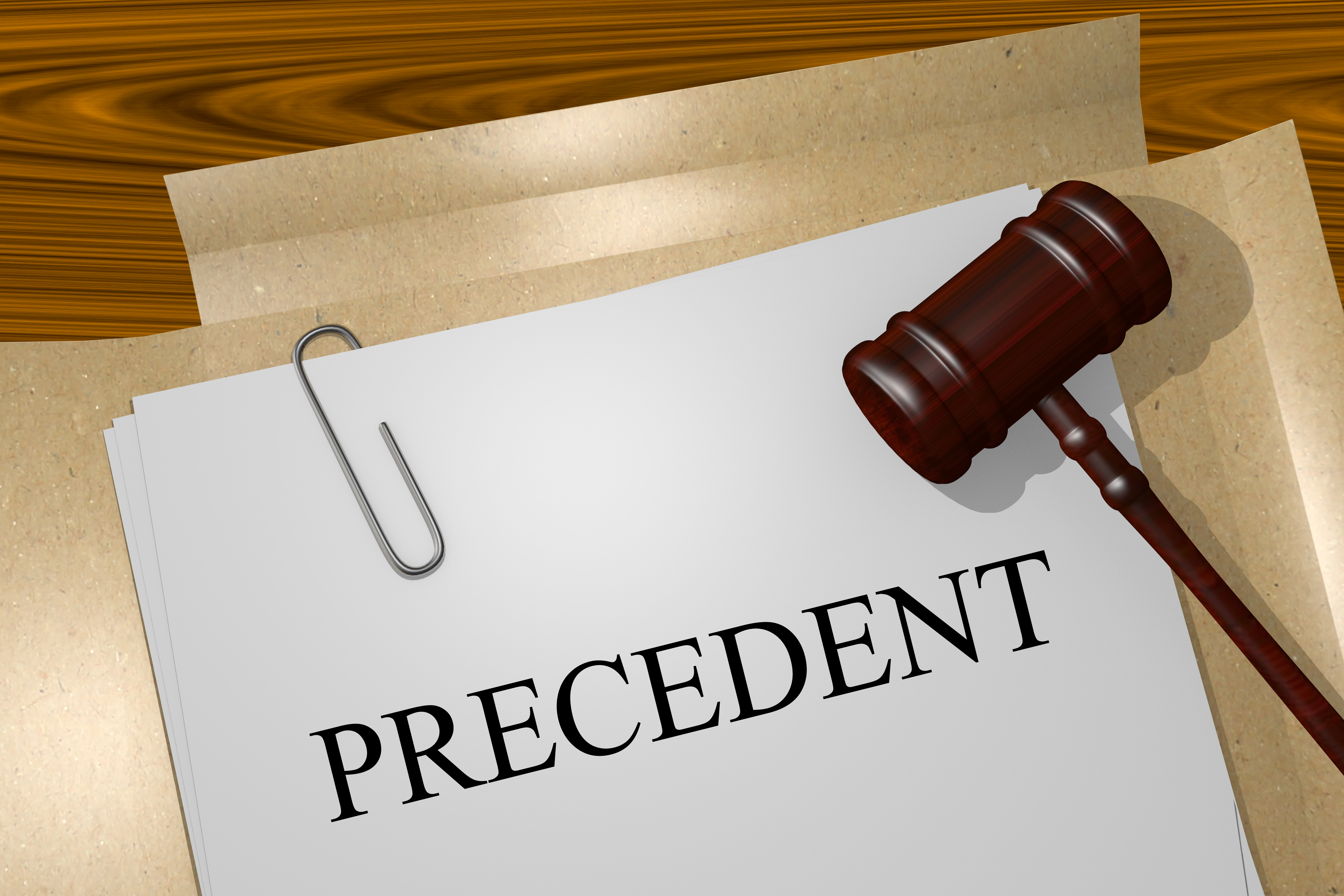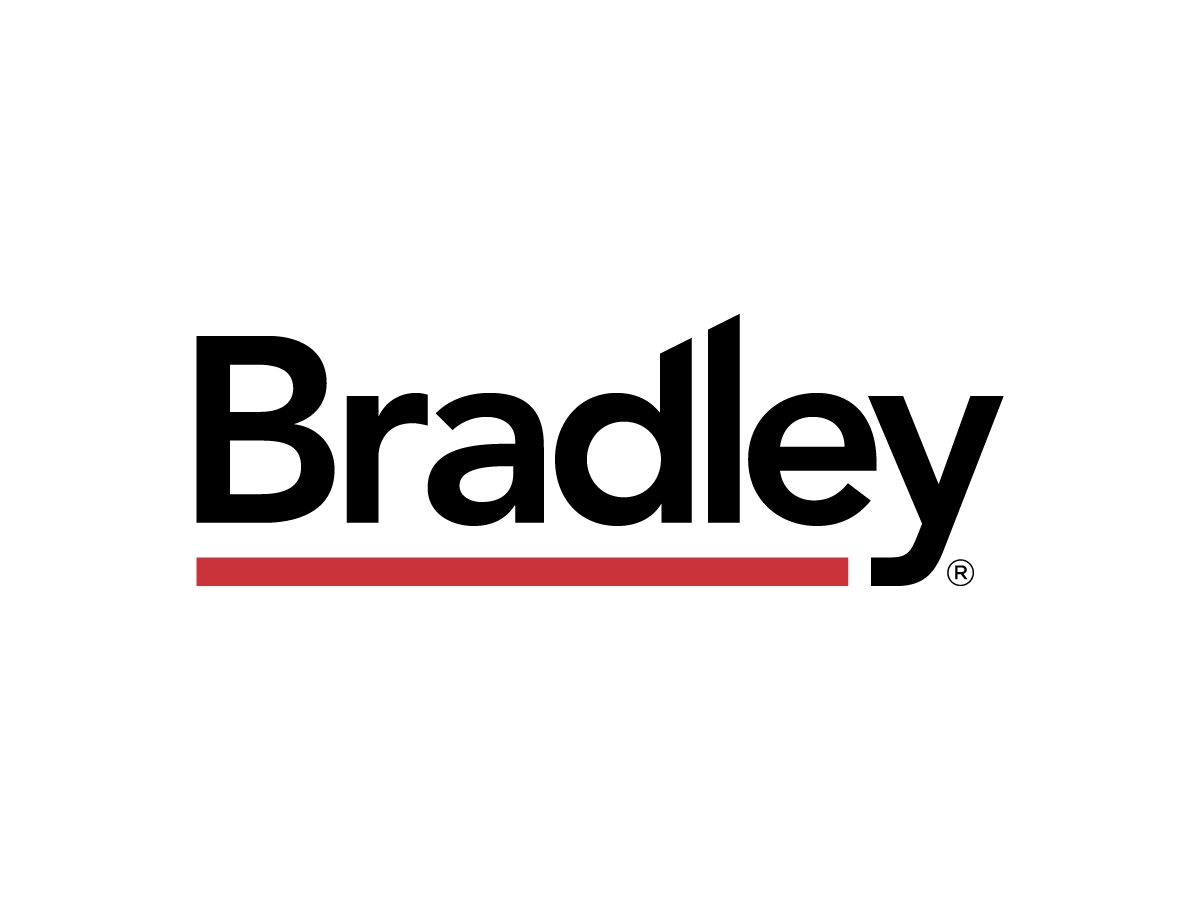Inventors Tell USPTO to Let Small Entities Off PTAB’s Hook – ipwatchdog.com
“The current IPR process under the AIA and the PTAB’s role in canceling patents present significant financial and procedural challenges for inventors. To alleviate some of these burdens, the USPTO should reconsider its approach to evaluating micro and small entity classifications, ensuring that patent holders are not unfairly penalized due to PTAB funding.” – Molly Metz
With the comment period set to close on June 20, more than 11,000 comments had been filed as of Friday, June 16, in response to the U.S. Patent and Trademark Office’s (USPTO’s) Advanced Notice of Proposed Rulemaking (ANPRM) on Patent Trial and Appeal Board (PTAB) practices. Only 265 of those had been posted as of Friday, however.
The ANPRM was announced in April and includes a proposal that would authorize discretionary denial of inter partes review (IPR) proceedings “to ensure that certain for-profit, non-competitive entities do not use the IPR and PGR processes in ways that do not advance the mission and vision of the USPTO to promote innovation or the intent behind the AIA to improve patent quality and limit unnecessary and counterproductive litigation costs.”
This and other proposals in the ANPRM have been questioned by congress members, who have commented that they should be handling such changes. Representative Nathaniel Moran (R-TX), for instance, said in a recent House IP subcommittee hearing: “I’m seeing a lot of overstep I don’t quite care for,” and expressed concern about the separation of powers.
Among the comments posted thus far are numerous submissions by independent inventors, who have collaborated to make a common request for three proposals from the Office. Representative of these inventors is Molly Metz, founder of JumpNRope, who has been vocal about her feeling that the PTAB unjustly robbed her of her patent. “I am compelled to address the challenges faced by inventors like myself due to the current inter-partes-review (IPR) process under the America Invents Act of 2011 (AIA) and the Patent Trial and Appeal Board (PTAB),” Metz wrote in her submission on the ANPRM. She continued:
“The current IPR process under the AIA and the PTAB’s role in canceling patents present significant financial and procedural challenges for inventors. To alleviate some of these burdens, the USPTO should reconsider its approach to evaluating micro and small entity classifications, ensuring that patent holders are not unfairly penalized due to PTAB funding. This change would help maintain the integrity of the patent system and protect the rights of inventors.”
Metz’s comment explained that micro and small entity patent holders have little choice but to acquire funding for possible PTAB challenges, and that disqualifying them from micro and small entity status for IPR dismissals because of that funding “only encourages alleged infringers to file more IPR applications.”
Metz and the other inventors are suggesting the following specific changes be adopted:
- A petition shall be denied upon request of the patent owner provided that the assignment recordation at the office demonstrates that one or more named inventors holds a controlling ownership in the patent.
- A petition shall be denied upon the request of the patent [owner] who meets the net worth requirements of 12 CFR § 1071.103.
- A petition shall be denied upon request of the patent owner who has commercialized the subject matter of at least one of the claims whether directly or through a licensee.
The ANPRM does include language about limiting the impact of AIA proceedings on “under-resourced patent owners that are commercializing their inventions.” However, the USPTO has repeatedly clarified that the ANPRM does not constitute proposed rules. Once comments have been received, the Office will evaluate them to come up with a Notice of Proposed Rulemaking (NPRM), which will represent its official proposals. A Final Rules package will not come until after the 60-day comment period for the NPRM. “There’s no timeline,” Vidal told IP reporters in April. “We want to move as swiftly as possible while being thoughtful and deliberate.”
Image Source: Deposit Photos
Author: kchungtw
Image ID: 49251191






